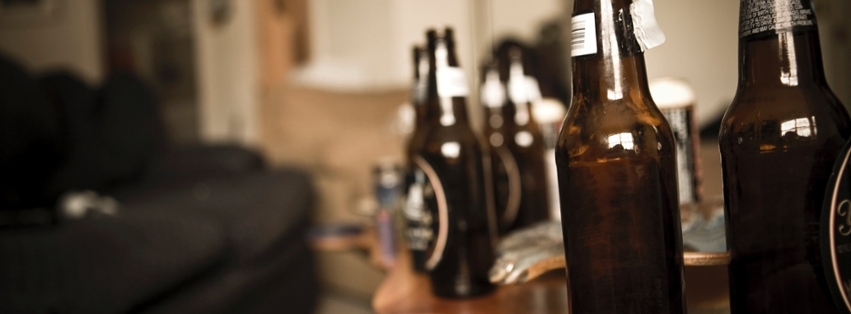
Introduction
You don’t have to believe you “have a problem” or are addicted, to pay attention to your substance use. There are numerous reasons to monitor what you are doing and how much you are using. A lot of students report considering cutting back when they have had negative consequences, like the Office of Student Accountability and Restorative Practices (OSARP) or legal charges, blacking out, using alcohol or drugs as a primary way to cope, or using more than they would like.
Sometimes students reduce the use after someone has expressed concern or they used to enjoy using socially, but it’s not as fun as it once was. Everyone you ask has their own definition of what is normal or what is problematic substance use. You need objective information that’s relevant to you. There’s no way to make accurate decisions about using without good information. There is a free on-campus confidential alcohol and cannabis consultation available through JMU's Well Dukes Coaching. This is a good place to start to accurately assess your use and learn about some strategies to reduce risk.
Alcohol
There’s a good chance that you will see the negative effects of college drinking, even if you don’t drink alcohol. Alcohol is involved with numerous college student injuries, deaths, assaults, sexual abuses, academic problems, and health concerns every year. It also plays a role in mental health concerns. Not only do people drink to cope with a variety of mental health symptoms, but chronic, high-risk alcohol use can create mental health symptoms and result in numerous negative consequences.
It’s good to know strategies for reducing your consumption. If you are in recovery or want support while at JMU, there are community meetings in the area. Don’t forget to schedule your free on-campus confidential alcohol consultation through JMU's Well Dukes Coaching to obtain more information.
Cannabis
People have a lot of ideas about cannabis and it’s often difficult to separate the facts from personal opinions and myths. A lot of beliefs are related to the use of cannabis and mental health symptoms like anxiety and depression. Before making any personal decisions, it’s important to understand the research on cannabis and how it really impacts mental health. Know you can schedule a free on-campus confidential cannabis consultation through JMU's Well Dukes Coaching to learn more.
